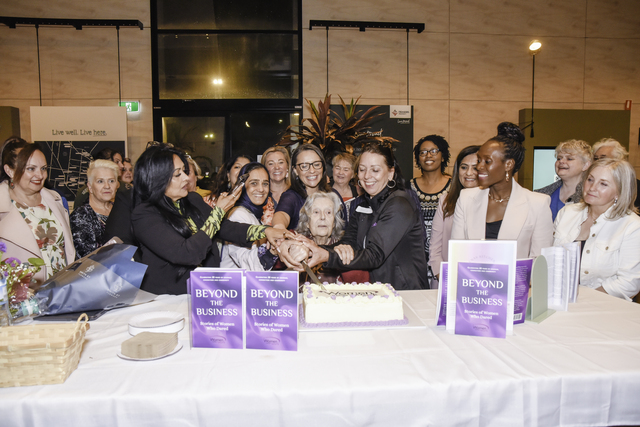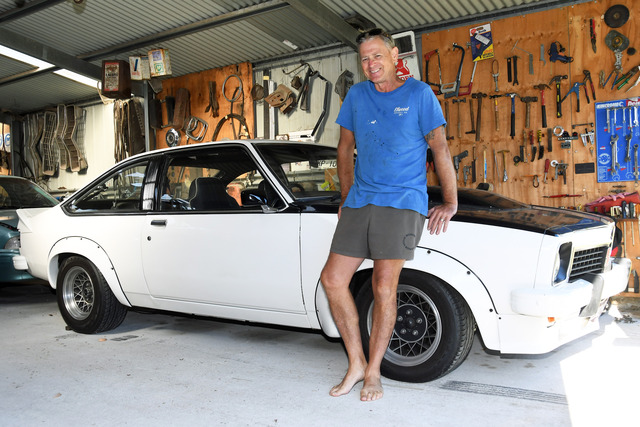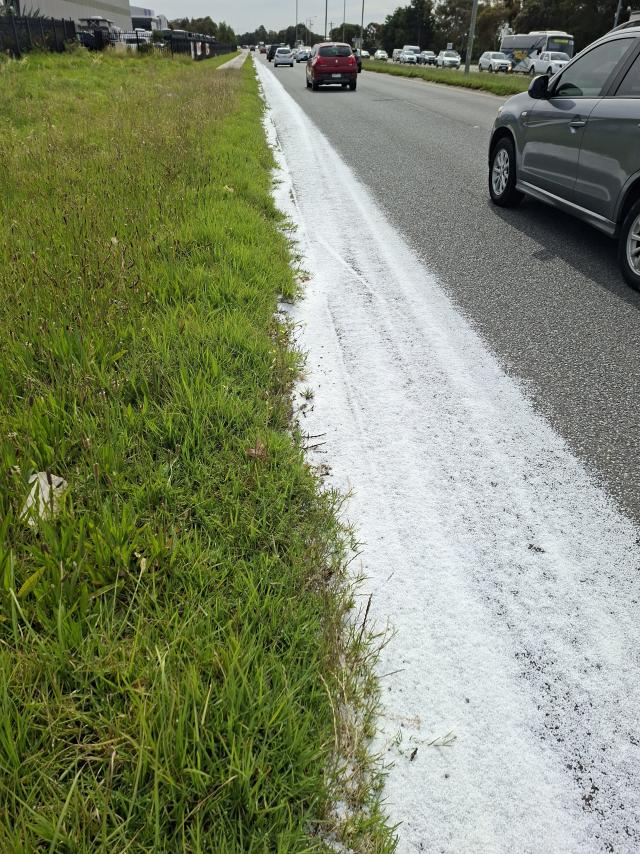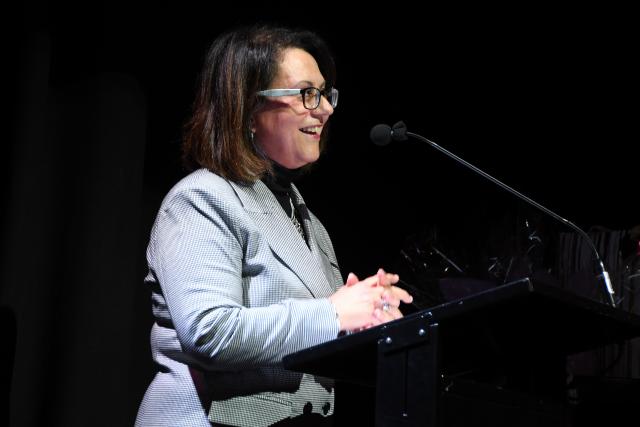A Dandenong disabled pensioner with “incomplete quadriplegia” has been reduced to despair after being forced onto JobSeeker.
Suffering a litany of health issues and barely able to walk, the 60-year-old had been on the disability support pension for more than a decade.
Things changed after she was given custody of her grandchildren in 2020.
She received a top-up carers’ payment during that time – which appears to have led to her being taken off the DSP.
Out of the blue in March 2021, Centrelink declared she was no longer eligible for the pension.
She was instead placed on the less-generous JobSeeker payment and possibly required to look for jobs.
More than half of her reduced payments are spent on her long list of medications and health needs as well as those of her severely autistic grandson, she says.
Her application for Centrelink to review the decision was rejected.
With little strength in her arms and legs after a spinal operation in 2008, the pensioner uses a walker. She is consulting a neurosurgeon on possible further surgery.
According to doctors, she has “incomplete quadriplegia”, cervical myelopathy, gallstones and chronic shoulder and lumber back pain.
In the meantime, she wonders what sort of work she is expected to do.
“I’m scared that if I have to go out and work, I’m not as safe as I am in my home. I know there will be an accident – I don’t want to hurt.
“I don’t need to be embarrassed by a leakage because of my incontinence.”
After the Star Journal made inquiries, Centrelink got back in touch with the ex-pensioner within days. She says a caller from Centrelink acknowledged “you’ve been let down by the system and it shouldn’t have happened”.
There was talk of putting her back on the DSP with back-pay, but nothing yet in writing.
Her situation is far from a one-off, says Disability Resources Centre executive officer Kerri Cassidy.
Since the DSP criteria changed in 2012, it was “considerably harder” to qualify for the disability pension, she said.
“You need a legal degree to understand the criteria.
“The intention was to get less people on the payment. It’s the people who are most vulnerable that are most affected.”
JobSeeker “doesn’t come close” to covering the extra average weekly costs of about $129 for disabled people and their families, she said.
Some on JobSeeker have to apply for exemptions from seeking work due to their disability.
“It gets to the point that if someone keeps getting exemptions, they should be considered for the DSP.”
Up to 15 per cent give up, Ms Cassidy said. They are instead wholly supported by family members or erode their superannuation savings.
“They are at risk of homelessness and their disabilities or illnesses worsen because they can’t afford the care they need.”
The criteria, which is currently under review by the Federal Government, needs to reflect people can have multiple complex impairments.
Services Australia general manager Hank Jongen said he appreciated it was an “extremely difficult situation” for the ex-pensioner.
“We are working directly with (her) to ensure she receives the payments she is eligible for and to discuss any additional support we can provide.
“We are unable to discuss specifics of this case, but can reassure you we will do everything we can to provide all available assistance.”
Mr Jongen said medical conditions had a significant impact on people’s lives but “we do not have any discretion to grant payments outside the very clear criteria set down in legislation”.
JobSeeker “customers” who were sick or injured may be exempt from looking for work, he said.


















